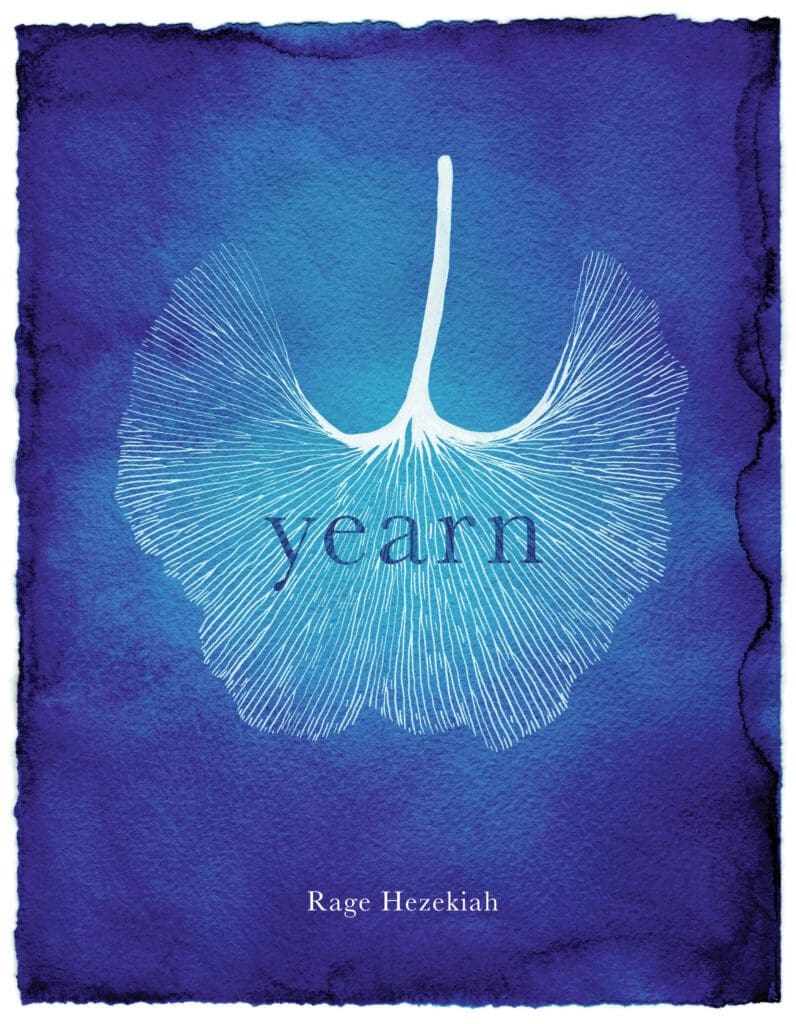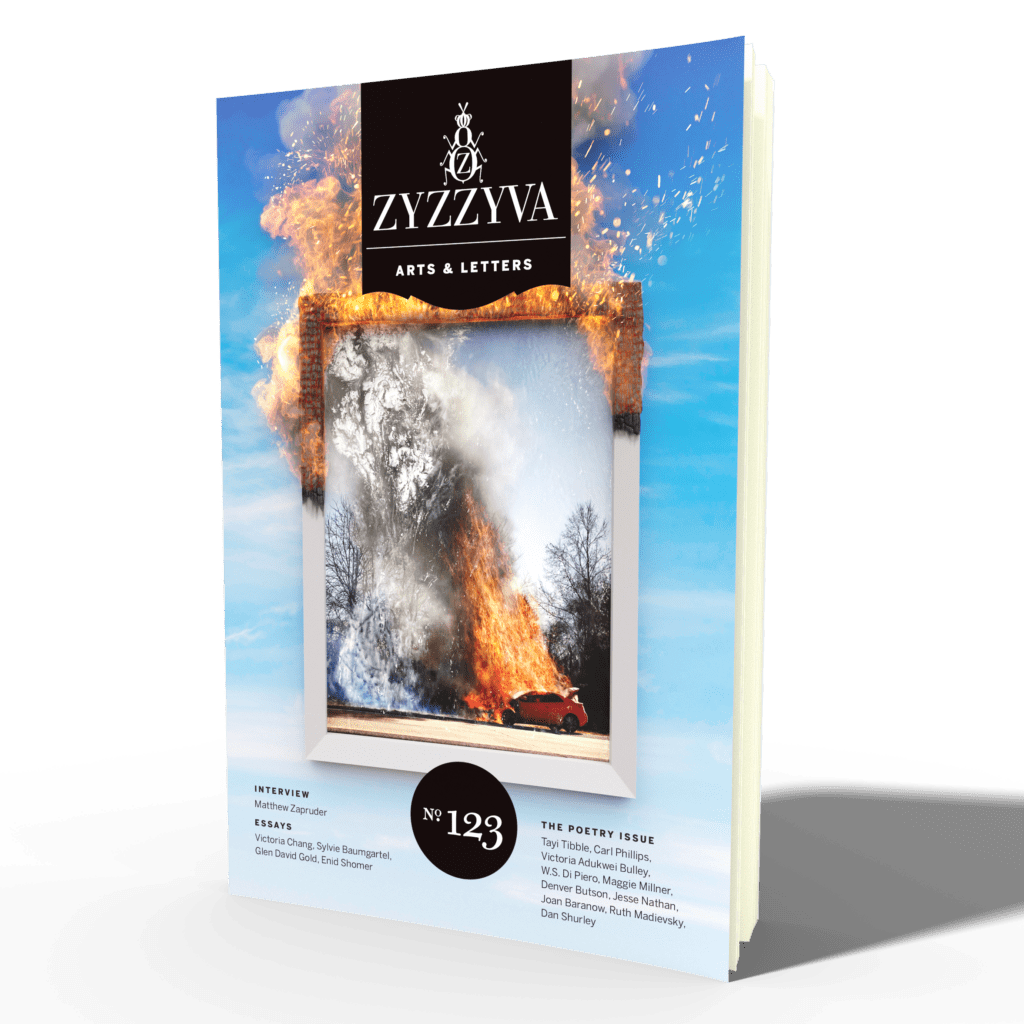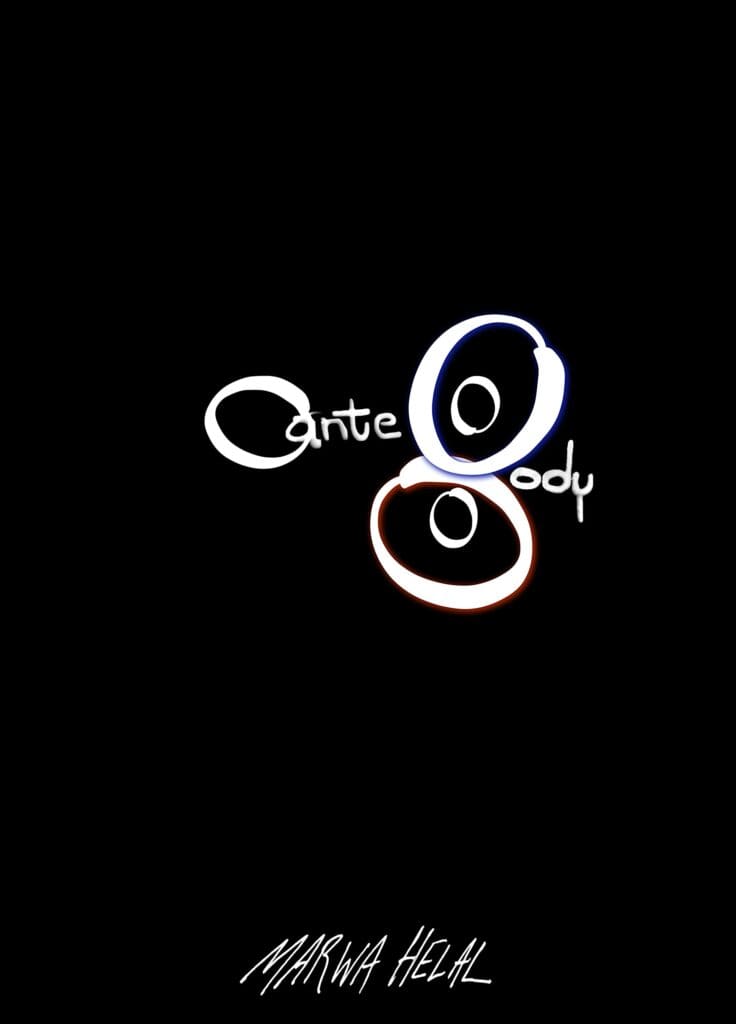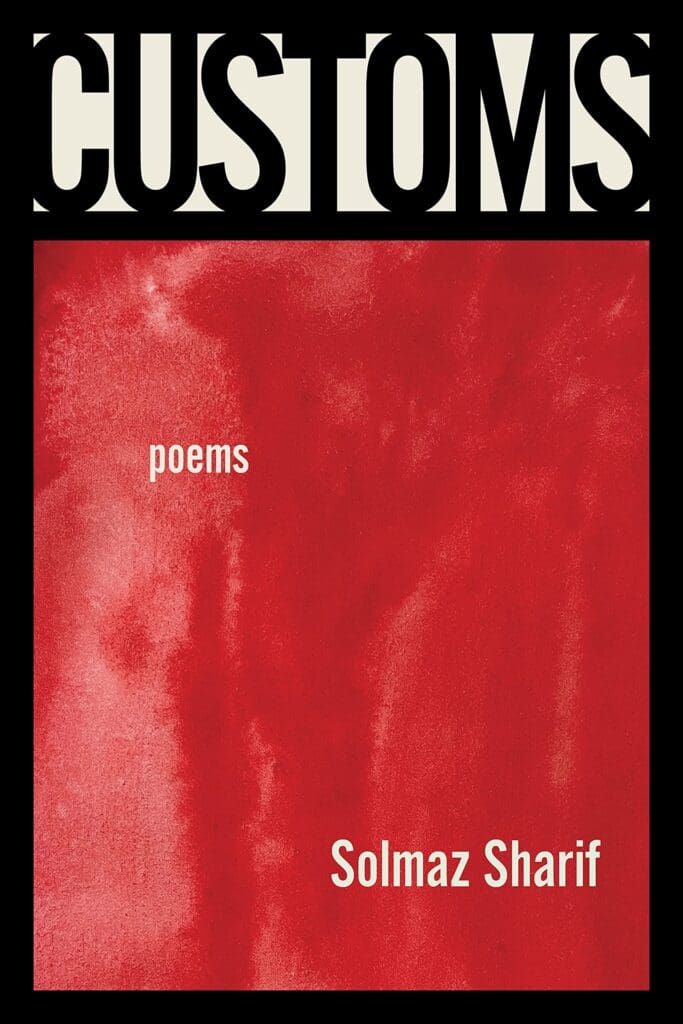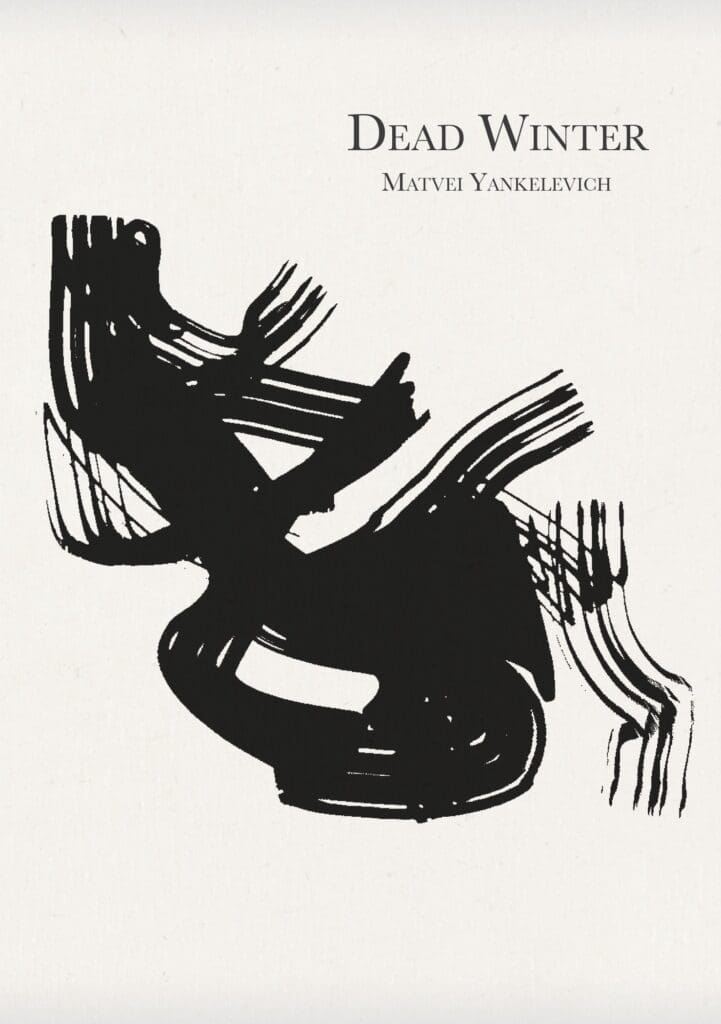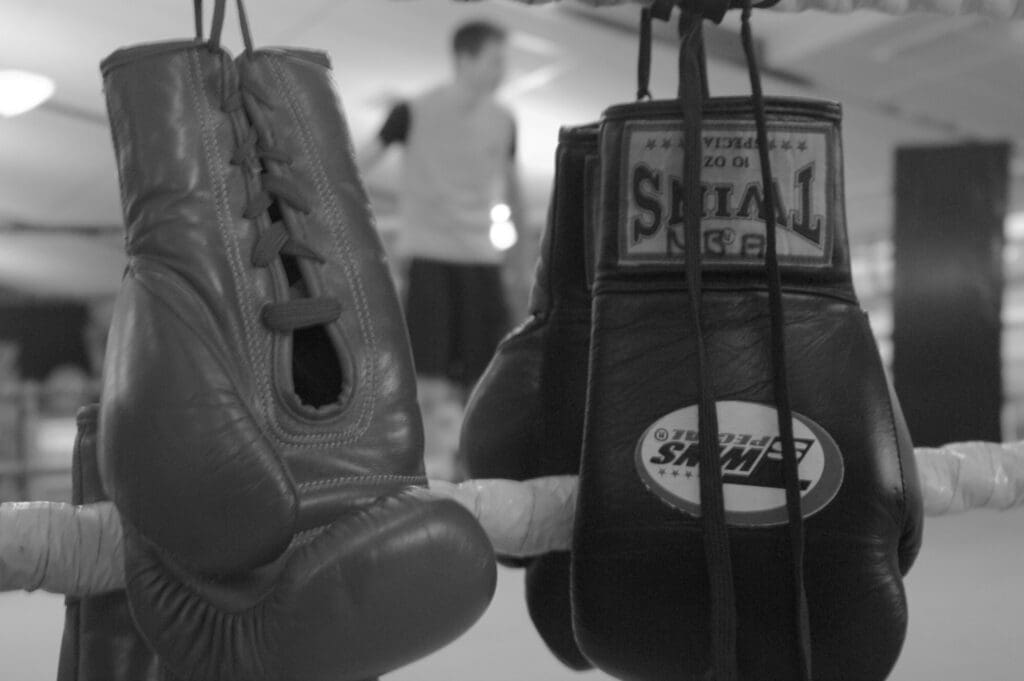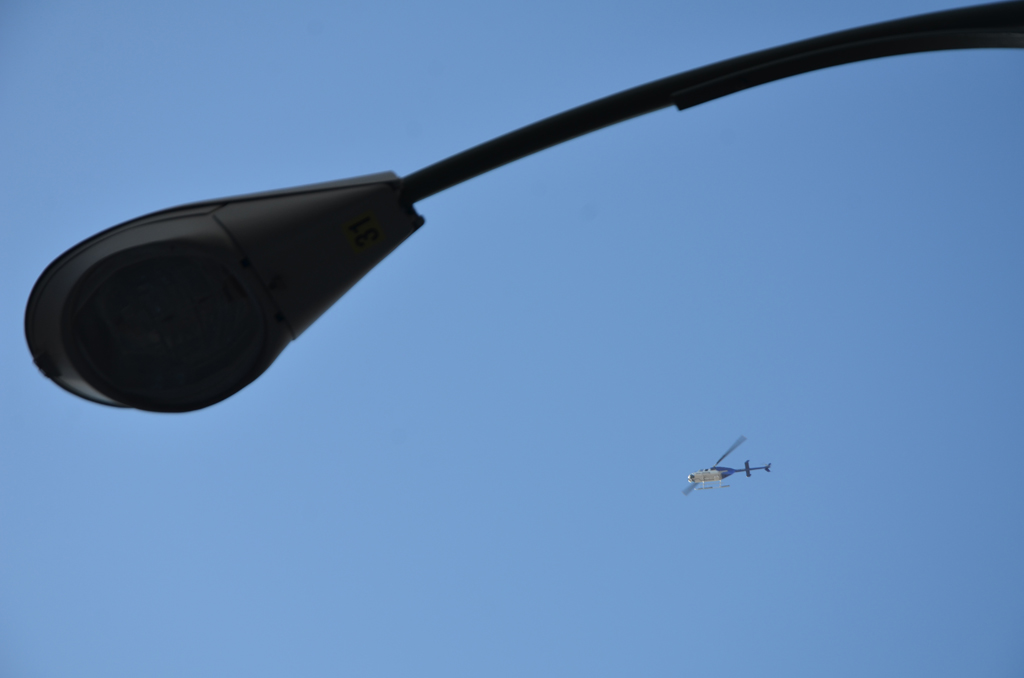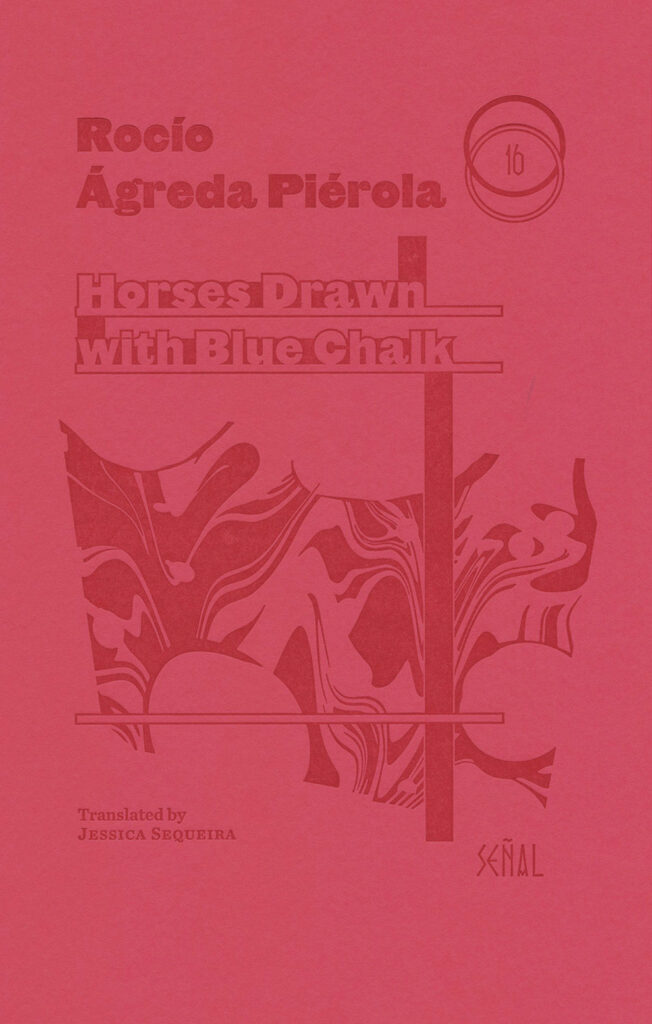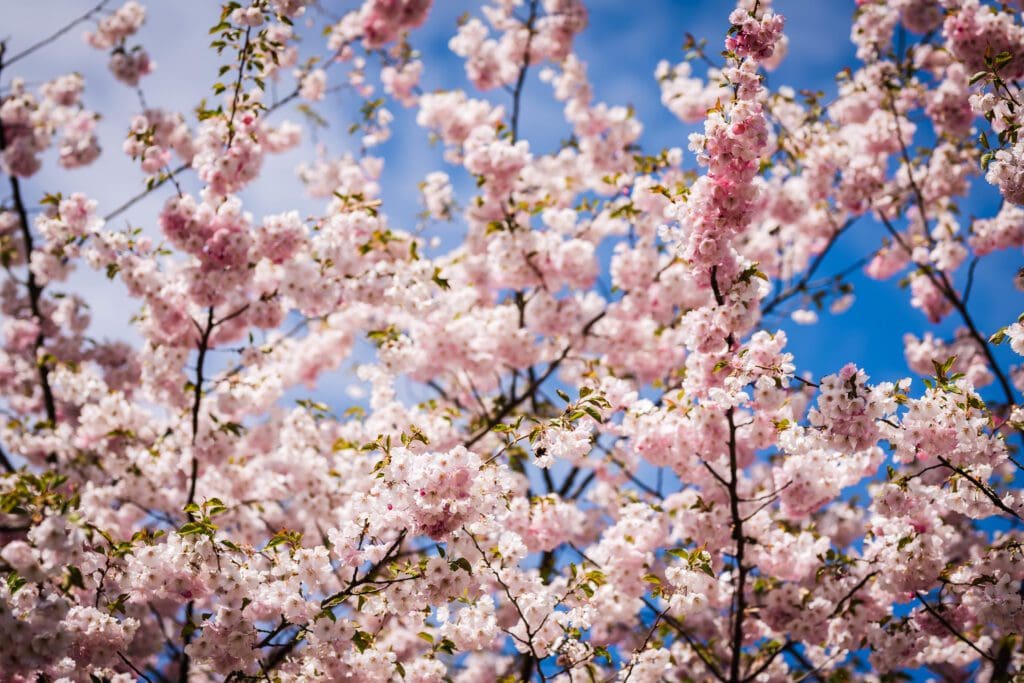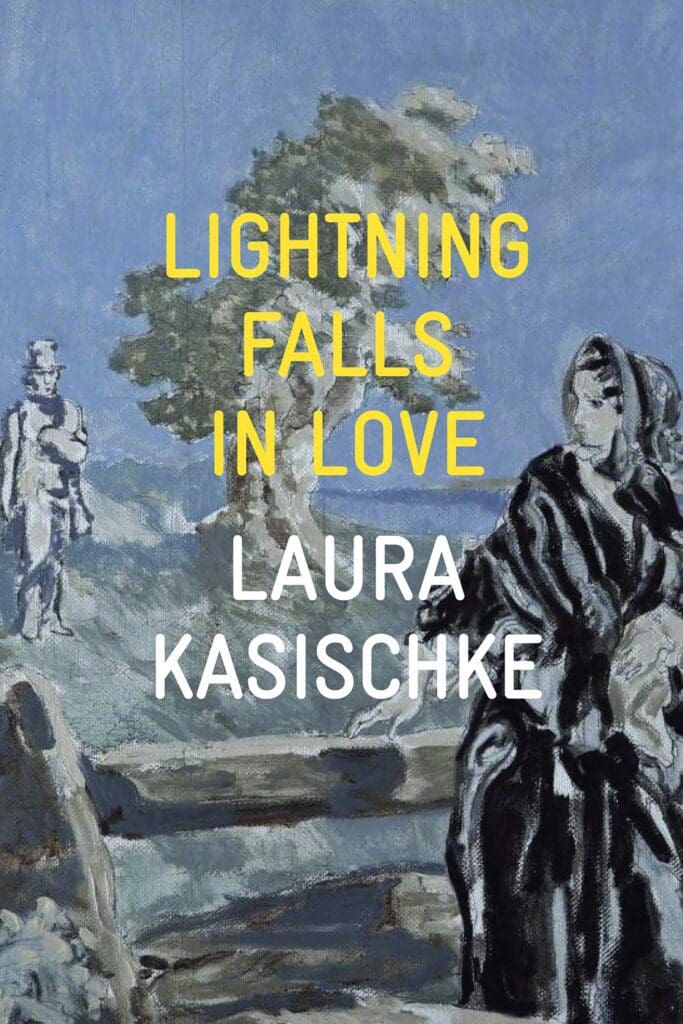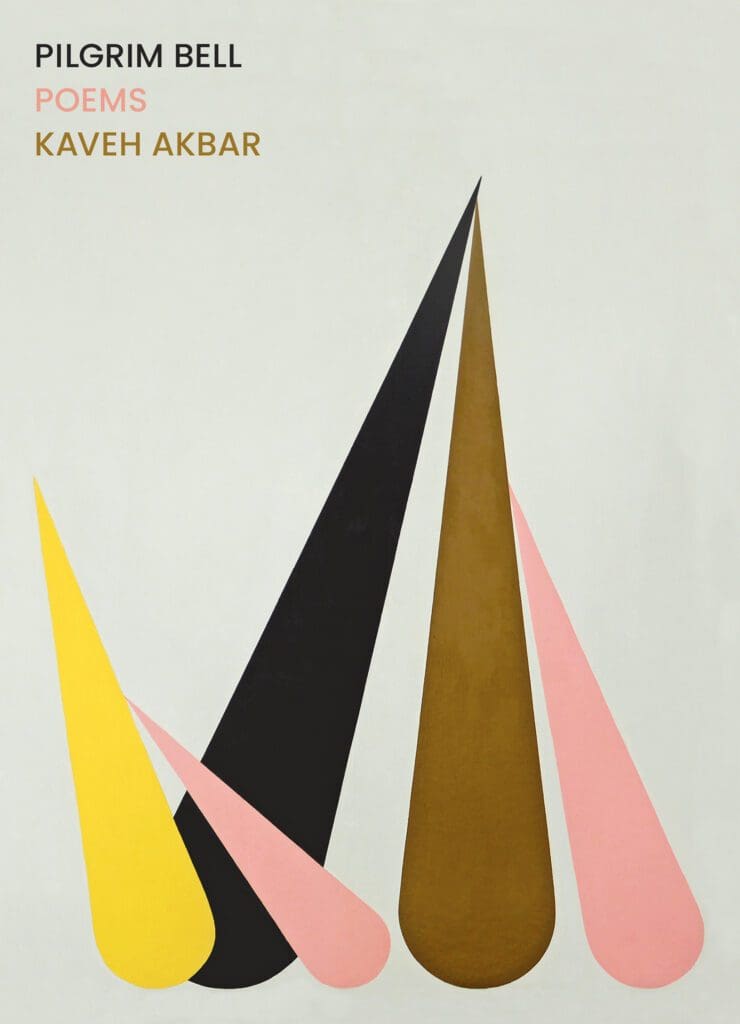Rage Hezekiah’s Yearn (65 pages; Diode Editions), the winner of Diode’s 2021 Book Contest, makes an active inquiry into notions of bodily autonomy and limitation, resilience, and an evolving sexuality—charting what Nate Marshall describes, in his blurb of the poetry collection, as a stunning exploration of “the erotic, the familial, and the mundane.” Hezekiah is a New England-based poet and educator and a recipient of Cave Canem, Ragdale Foundation, and MacDowell Colony fellowships. She is the author of the poetry collection Stray Harbor (Finishing Line Press) and the chapbook Unslakable (Paper Nautilus). Her poetry has appeared in the Academy of […]
Q&A with Rage Hezekiah: ‘Yearn’ & Dispelling the Secrecy
by Chiara Bercu
